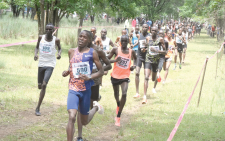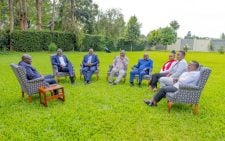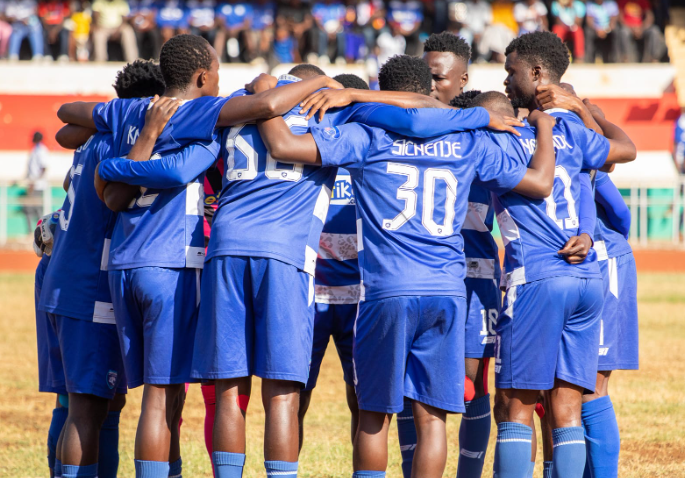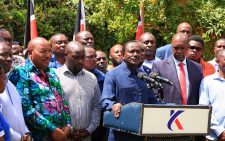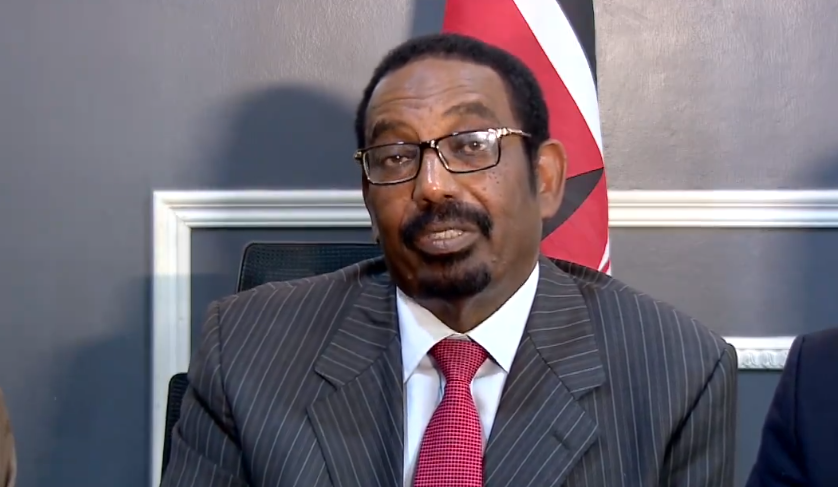On frontline in tackling mental health gaps
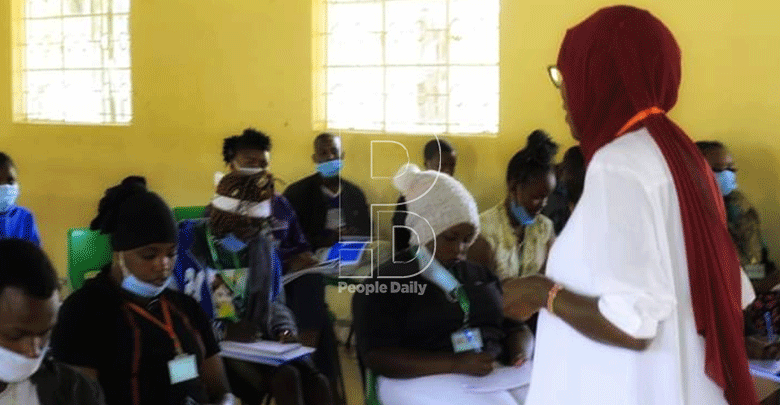
Struggling with grief after the death of her dad, Amisa Rashid Ahmed set up Nivishe Foundation to help others navigate emotion and resultant impact
Harriet James @harriet86jim
Losing a parent can be one of the most devastating period in one’s life.
Most people are affected negatively and battle mental health issues such as depression, anxiety, and even low self-esteem.
For Amisa Rashid Ahmed, 26, losing her father five years ago left her confused.
Having come from a culture which encouraged censorship when it comes to mourning made it hard for her to understand how to go through the grieving process.
This birthed in her a desire to assist others in handling their mental health issues in her community and she set up an organisation called Nivishe in 2017.
The organisation also conducts community outreaches on mental health in local radio stations as well.
“Nivishe means clothing you in Kiswahili – mentally, physically, emotionally, psychologically and spiritually.
I want to create mental health awareness and break stigma against mental illnesses targeting women, youth and children from vulnerable informal settlements and marginalised communities,” she explains.
Born and raised in Kibra, Amisa recalls experiencing poverty and seeing a lot of crime, violence and mob justices in her community.
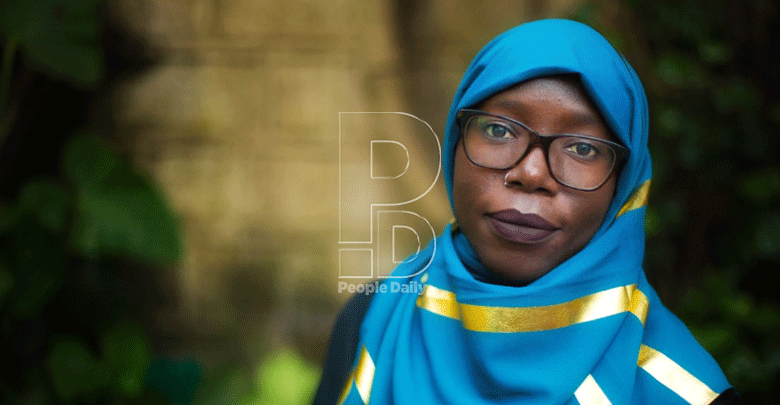
Coming from marginalised Nubian tribe, Amisa witnessed first-hand the injustice her community has faced and wanted to change this through Nivishe.
“Nubians in Kenya have faced land injustices among other difficulties that minorities and marginalised communities go through.
On the brighter side, growing up in Kibra has made me know this place as home and has developed in me empathy, resilience understanding and community love and appreciation from my home town,” says Amisa.
In the African society, mental illness is usually deemed as a taboo and goes unnoticed.
The affected persons are usually said to be victims of witchcraft or possessed by evil spirits and are blamed for their condition.
As a result, Amisa has encountered challenges in addressing this.
“Finding avenues to approach mental health in a more fun engaging ways has been difficult.
People still hold on to religious beliefs and would only seek mental health support as the last resort when sometimes it’s too late.
It was a challenge when we started out up to now, but we try as hard as we can to break the stigma,” she says.
Amisa adds that despite the efforts made to address these challenges, there has still been an increase in suicidal cases.
“Mental health conversation should be an everyday conversation so that when we are faced with unknown circumstances, we have enough build up mental capacity to handle adversities.
We must prepare ourselves psychologically and mentally to manage stresses in our lives and how to go about building resilience despite hard times.
This is why we have an increased number of professions being depressed,” she adds.
Age gap
Most of the organisation’s programmes have been supporting themselves through sustainability projects such as mental health clubs, positive parenting, and psychosocial training and services to corporations and other orgnanisations. Other programmes are supported by well-wishers.
Another major challenge that Amisa has experienced in her endeavours is her age.
“People were not listening to me since they thought I was too young to give counsel.
Most thought that as a counselling psychologist, I did not have much experience to offer when it came to adult-related issues,” she adds.
The pandemic has also come with its own share of challenges. For instance, unemployment has resulted in rise in crime, use of drugs particularly in slums, gender based violence and teenage pregnancies. It has also affected their programmes.
“Well-wishers and donors are currently not in a position to come through and this has forced us to come up with other methods to keep afloat such as going virtual, starting an M-Changa fundraising, and reaching out to stakeholders, collaborators in this field to see how we can continue pushing our agenda,” she says.
So far, they have been able to reach 60 institutions through the mental health clubs. They also offer counselling services in sign languages.
Despite challenges, Amisa’s impact has been felt and rewarded. For instance in 2019, Nivishe was a grant awardee of the Youth Engagement Society.
On a personal capacity, Amisa has received various awards such as the 2019 Zuri Award honouree under the health category, top 100 most influential Muslims in the country and 2019 Akili Dada Mentor of the year.
In 2020, she was an 35 under 35 nominee under youth of the year and 2020 African Youth of the Year.
